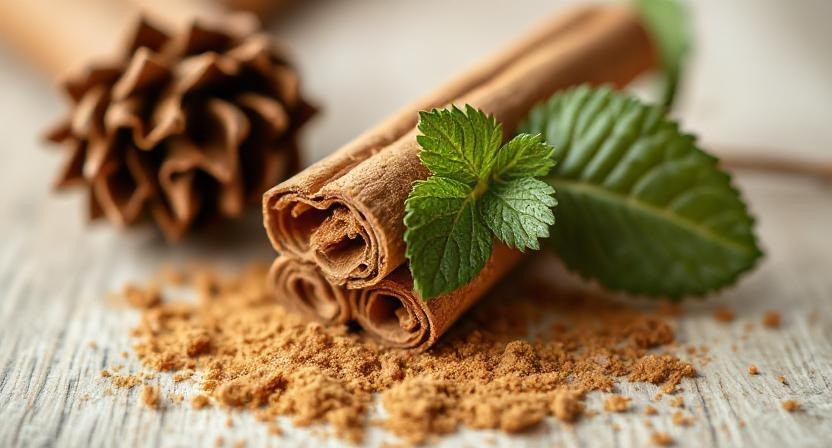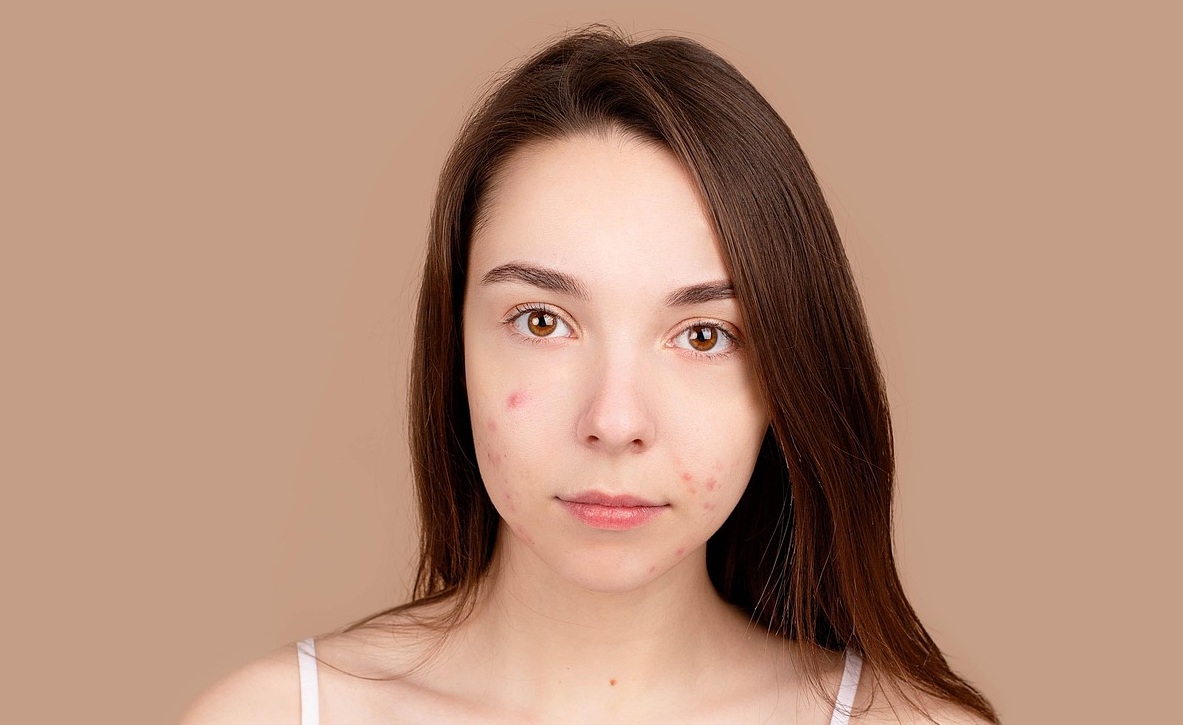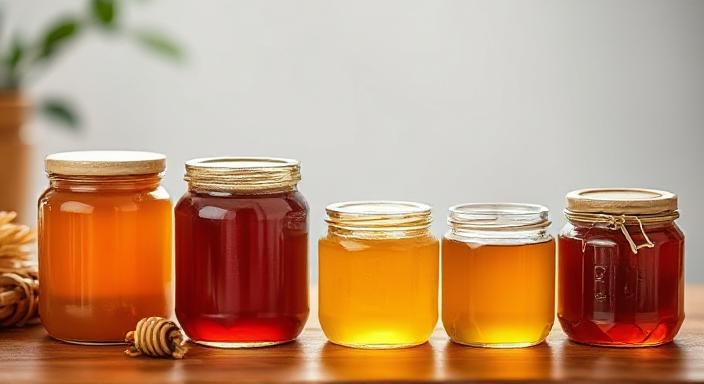Cinnamon is a beloved spice known for its flavor and potential health benefits, but can it help with acne-prone skin? Acne is a common skin condition caused by clogged pores, excess oil, bacteria, and inflammation. While cinnamon has properties that might seem beneficial, its effects on acne-prone skin are a mixed bag. This article explores the potential benefits, risks, and practical considerations of using cinnamon for acne.
🌟👍Potential Benefits of Cinnamon for Acne-Prone Skin
Cinnamon contains compounds like cinnamaldehyde, which have antibacterial and anti-inflammatory properties. These can help with acne in the following ways:
- Antibacterial Action: Cinnamon may combat Propionibacterium acnes, the bacteria linked to acne. By reducing bacterial growth, it could help prevent new breakouts.
- Anti-Inflammatory Effects: Inflammation plays a big role in acne, causing redness and swelling. Cinnamon’s anti-inflammatory properties might soothe irritated skin.
- Antioxidant Properties: Cinnamon is rich in antioxidants, which can protect skin from oxidative stress and support overall skin health.
⚠️😣Risks and Downsides
Despite its potential, cinnamon isn’t a miracle cure for acne and comes with some risks, especially for sensitive or acne-prone skin:
- Skin Irritation: Cinnamon, particularly cassia cinnamon (the most common type), can irritate the skin. For acne-prone skin, which is often sensitive, this could worsen redness or trigger breakouts.
- Allergic Reactions: Some people are allergic to cinnamon, leading to itching, burning, or contact dermatitis. Patch-testing is critical before applying it to your face.
- Pore Clogging: When mixed with heavy ingredients like oils, cinnamon masks might clog pores, which is a problem for acne-prone skin.
👌How to Use Cinnamon Safely (If You Choose To)
If you want to try cinnamon, proceed with caution:
- Patch Test First: Apply a small amount of any cinnamon mixture to your inner arm and wait to check for irritation.
- Dilute It: Never apply cinnamon directly to your skin. Mix it with soothing ingredients like honey or aloe vera to reduce its potency.
- Use Sparingly: Limit use to once a week and avoid leaving it on for too long (10-15 minutes max).
- Choose Ceylon Cinnamon: If possible, opt for Ceylon (“true”) cinnamon, which is less likely to irritate than cassia cinnamon.
- Cleanse Thoroughly: Rinse off completely to prevent residue from clogging pores.
🥣DIY Cinnamon Face Mask Recipes
Below are three simple cinnamon-containing face mask recipes tailored for acne-prone skin. These combine cinnamon with gentle, skin-friendly ingredients to reduce irritation risk while targeting acne concerns. Always patch-test each recipe before full application.
🍯1. Cinnamon and Honey Mask
Best for: Antibacterial and soothing effects
Why it might help: Honey is a natural humectant with antibacterial properties that complements cinnamon’s potential to fight acne-causing bacteria.
Ingredients:
- 1/2 teaspoon Ceylon cinnamon powder
- 1 tablespoon raw, organic honey (preferably Manuka for extra antibacterial benefits)
- Instructions: Mix cinnamon and honey, apply a thin layer to cleansed face (avoiding eyes), leave for 10-12 minutes, rinse with lukewarm water, and moisturize.
🍶2. Cinnamon and Yogurt Mask
Best for: Exfoliation and calming inflammation
Why it might help: Yogurt contains lactic acid for gentle exfoliation and probiotics to balance skin’s microbiome, potentially reducing acne flare-ups.
Ingredients:
- 1/4 teaspoon Ceylon cinnamon powder
- 1 tablespoon plain, unsweetened Greek yogurt
- Instructions: Blend cinnamon with yogurt, spread evenly on cleansed face (avoiding eyes/mouth), leave for 8-10 minutes, rinse with cool water, and apply oil-free moisturizer.
🌵3. Cinnamon and Aloe Vera Mask
Best for: Soothing redness and hydration
Why it might help: Aloe vera is known for calming irritated skin and reducing redness, making it a great carrier for cinnamon’s stronger properties.
Ingredients:
- 1/4 teaspoon Ceylon cinnamon powder
- 1 tablespoon pure aloe vera gel (fresh or store-bought, no added fragrances)
- Instructions: Combine cinnamon and aloe gel, apply thinly to cleansed face, leave for 10 minutes, rinse with lukewarm water, and follow with moisturizer.
⚖️The Verdict
Cinnamon’s antibacterial and anti-inflammatory properties may offer benefits for acne-prone skin, and when used safely with proper dilution and patch-testing, it can help some individuals reduce minor breakouts or inflammation. However, it carries certain risks like irritation and allergic reactions, making it unsuitable for all skin types, especially sensitive or highly reactive skin. Acne-prone skin varies widely, and cinnamon is not a one-size-fits-all solution. For most, dermatologist-approved treatments are a safer, more effective choice.
Related posts:




